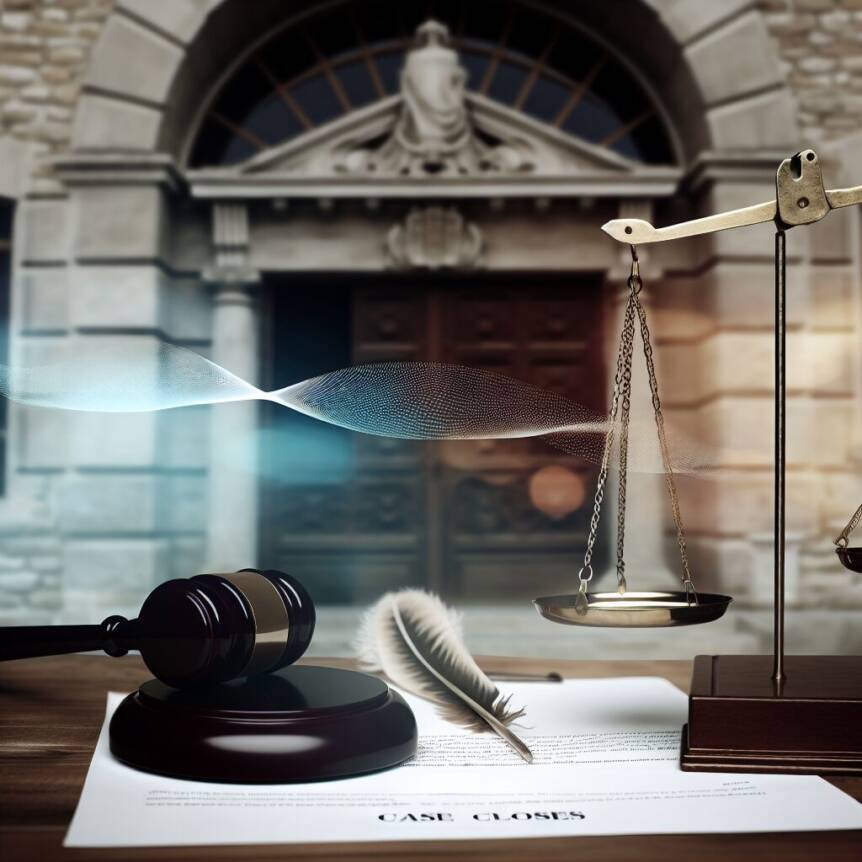The cryptocurrency community looks on as the Securities and Exchange Commission (SEC), and Ripple, a major player in the blockchain and digital payment industry, finally agree to drop appeals over a significant enforcement action. This conclusion marks an end to a longstanding legal battle that has captivated industry observers and buoyed hopes for clearer regulatory guidelines for digital assets in the United States.
Background of the SEC vs. Ripple Case
The conflict between Ripple and the SEC began in December 2020 when the SEC filed a lawsuit alleging that Ripple Labs, along with its two executives, were conducting a $1.3 billion unregistered securities offering. This lawsuit centered around XRP, Ripple’s native digital currency, which the SEC classified as a security. Ripple, on the other hand, maintained that XRP should be considered a cryptocurrency similar to Bitcoin or Ethereum, which are not classified as securities by the SEC.
The Settlement and Its Implications
With the appeals now dropped, the details of the settlement between Ripple and the SEC have not been fully disclosed to the public. However, this conclusion is anticipated to have significant implications for the cryptocurrency sector, particularly concerning how digital assets are classified and regulated in the U.S. The resolution of this case might pave the way for more solid frameworks that could help in stabilizing the market and encouraging innovation within the bounds of regulatory compliance.
The digital currency community has closely monitored this case, viewing it as a benchmark for future SEC engagements with other crypto entities. Ripple’s case has been particularly noteworthy due to its potential to set precedents concerning the treatment of digital currencies under U.S. securities laws. Clearer regulations could benefit not only Ripple but also numerous other enterprises operating in the DeFi (Decentralized Finance) and broader blockchain space.
Future Outlook for Ripple and the Crypto Market
Looking forward, Ripple Labs aims to continue building on its ecosystem and expanding its global network, which facilitates international payments with low transaction fees. This settlement might also give Ripple a stronger footing to focus on innovation without the looming threat of legal uncertainties.
The broader cryptocurrency market could see an uplift from this resolution, with investors and stakeholders gaining increased confidence due to a potentially more predictable regulatory environment. Companies engaged in blockchain and those developing NFTs may particularly see a positive impact, bridging gaps between traditional financial systems and modern decentralized models.
In conclusion, the conclusion of the Ripple-SEC saga could herald a new era of regulatory clarity that might induce further growth and innovation within the cryptocurrency landscape. Both the industry participants and regulatory bodies are now expected to collaborate more closely to foster an environment that supports both regulatory compliance and market development.







